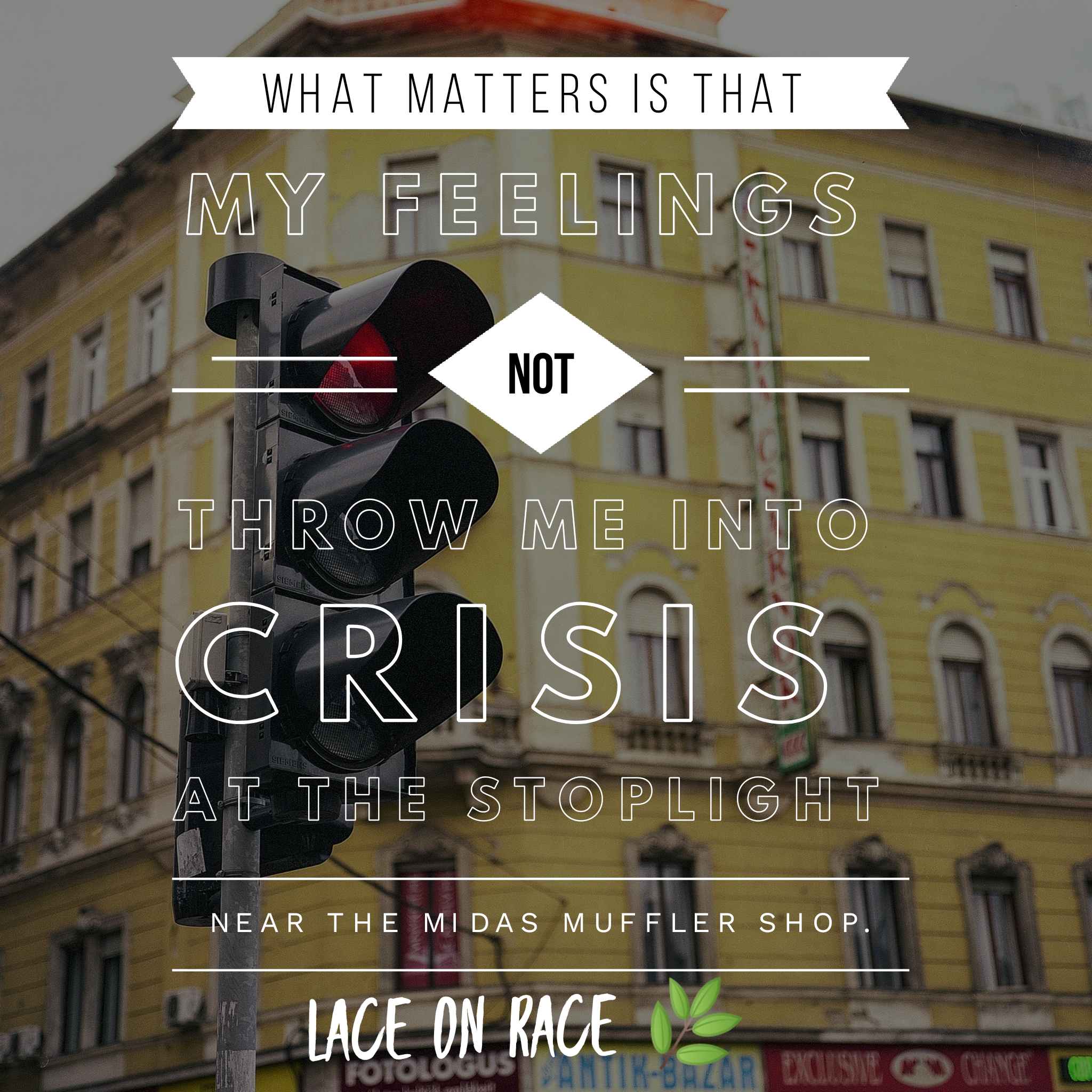“We proudly point out that tzedakah means “justice,” not “charity,” but why does that distinction matter? Charity is given out of the kindness of our hearts, when we feel moved to do so. Tzedakah is considered mandatory under Jewish law. We’re supposed to give it whether we feel like it or not. It’s like ensuring fair procedures in a courtroom—we shouldn’t just do so when we’re feeling particularly generous, but all the time, because otherwise the system doesn’t work. Ditto for tzedakah. In Jewish thinking, society simply doesn’t work when we neglect those in need.”
8 NIGHTS, 8 JEWISH VALUES: REFLECTIONS FOR CHANUKAH ON THE JEWISH OBLIGATION TO BUILD A BETTER WORLD”
–Sarah Hurwitz
For a long time we at Lace on Race have maintained that justice work, specifically racial justice work, should never depend on dominant culture’s transient feeling states. Hurwitz explains the reason for this well above.
Still, despite the admonition, the fact that many are indeed driven by this very thing presents a real challenge. That so much of justice work is undertaken by many whose feelings dictate their response to the injustice they are confronted with.
So many elements and issues come into play; sometimes the mental calculus we engage in before right action is taken makes us tarry, and can result in justice delayed or denied. Is the person or group deserving in our eyes? Is there residue of past hurts that the person or group or situation that can trigger an activated response, such as fear or contempt? Do we approach the principle of justice from a stance that speaks of scarcity; that is, if we apply justice here, will there be enough to extend to others–others we may feel are more deserving?
This mental calculus can be seen when we assess the Other, and the harm visited upon them. Are they sympathetic? Have they lived a life worthy of our consideration? What are the mitigating factors? What are the aggravating factors? If we extend now, will it be a one and done; an acute need for justice, or will it demand more of us in its chronicity? What are our obligations afterward? Just how much justice are we buying exactly, and will we ultimately be depleted, a well run dry?
This is compounded when we turn to the corporate and to the collective. Now we are faced with systems, institutions, and our own complicity and collusion in those systems and institutions that make the need for applied justice necessary in the first place. Justice that invites, even demands, a relentless inward examination at and acknowledgment of our perpetuation of the harm we seek to mend is daunting, even paralyzing.
Which is why our transitory affective states can thwart our authentic commitment to a just world. Which is why we need to say to ourselves, and to each other–Justice Anyway.
The feelings we may feel are uncomfortable, as is the real fact that we do these mental exercises in the first place, no matter how split second those discernments may be. When I am faced with the man on the corner of Broadway in Lemon Grove, I know, even despite my very best efforts, that I am indeed doing an assessment, both of him and of the situation; of both his individual situation, and the societal forces that led him to hold a bottle of Gatorade and a sign that asks for food money as he stands in the median and dares to hold my gaze at the red light.
What are my split second motivations and agendas? Am I looking for a reason to say yes, or, more accurately, am I looking for a reason to break the gaze, and thus the affirmation of our shared humanity, connection, and story?
This is where neglect comes into play. I cannot unknow what I now know. I cannot unsee what I now see. The action I take, to look away, to gaze with no small amount of resentment and shame at the red light till it turns green and I can make my getaway, to the crucible of my split second ruminations about a society that forced both our hands in our shared moment is mine to make and own.
That I may or may not engage in the moment is important, but not the only important thing. I can hand over a dollar and get my watered down Koolaid, and be on my way. I can take the time to think about deeper structural issues and choose to engage there. What is important is that I saw and was seen, and my actions, both internal and external, and my extrapolation from the micro to the macro, or not, matters.
Right procedure, evenly and consistently and conscientiously applied, in alignment with our stated values we have rehearsed and internalized is what justice demands.
What matters is that my feelings must not throw me into crisis at the stoplight near the car wash. My values and commitment to the world I say I want hopefully traveled within me, embedded into my marrow, before I even turned the key in my truck in my driveway. When I am acting from practiced conviction, the actions do not become easier, but the clarity is greater.
So, we eschew charity for connection. We choose intentionality over the one off.
And we make sure our convictions, not our feelings, are the hand that navigates the vehicle that is our life and, thusly, our engagement with the world.
And the second night comes to a close.

Leave a Reply